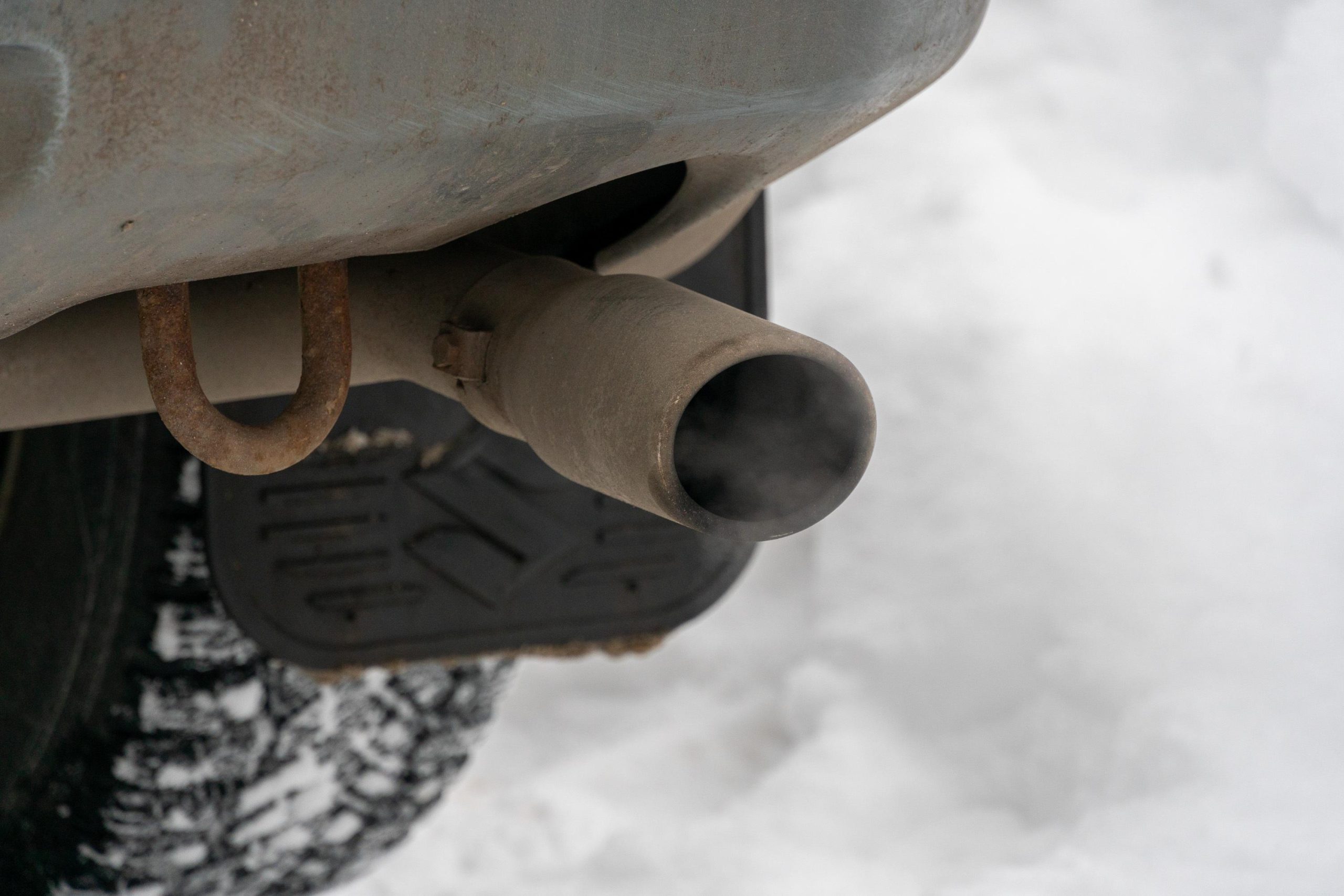The Renewable Fuels Association and National Farmers Union filed a lawsuit June 17 in the D.C. Circuit Court of Appeals challenging the Environmental Protection Agency’s recently finalized light- and medium-duty vehicle emissions standards.
RFA and NFU filed the suit because, they claim, EPA “clearly lacked the authority to adopt the regulation, which essentially mandates the production of battery electric vehicles while, at the same time, ignoring other technologies—like low-carbon ethanol and flex fuel vehicles—that reduce emissions from light- and medium-duty transportation.”
“EPA grossly exceeded its statutory authority by finalizing regulations that effectively mandate the production of EVs, while blatantly excluding the ability of flex fuel vehicles and low-carbon, high-octane renewable fuels like ethanol to achieve significant vehicle emissions reductions,” said RFA President and CEO Geoff Cooper. “By relying on the false premise that battery electric vehicles have ‘zero emissions’ and no impact on the climate, the regulation essentially forces automakers to swiftly ramp up the production of EVs and phase out liquid-fueled vehicles that could actually deliver the same—or better—emissions reductions. America’s ethanol producers and farmers would be severely injured if EPA’s regulation were allowed to stand.”
Above is a tailpipe on a vehicle. (Photo courtesy of Pixabay.)
Ignoring carbon life cycles
The “false premise” language of the lawsuit highlights a double standard in the emissions standards, Cooper told High Plains Journal. The federal government uses full life-cyclecarbon assessments for transportation fuels in several other regulatory programs, including the Renewable Fuel Standard and new sustainable aviation fuel tax credit.
But in the vehicle emissions regulation, EPA uses an approach that only counts tailpipe emissions and ignores the emissions resulting from electricity generation (e.g., from power plants using coal and natural gas) as well as emissions related to production of the EVs and batteries, including mining for minerals and other raw materials. It makes no sense to use a different approach that results in incomplete carbon accounting.
“The inconsistency is laughable,” Cooper said.
“We are disappointed that the EPA has missed a critical opportunity to recognize the significant benefits of higher-level ethanol blends in its recent regulation,” said Rob Larew, president, National Farmers Union. “By focusing solely on battery electric vehicles, the EPA overlooks the proven advantages of ethanol, which include reducing carbon emissions, improving air quality and increasing octane. This decision not only undermines efforts to reduce emissions but also harms America’s farmers. Ethanol is a readily available, cost-effective solution that can make an immediate impact in our fight against climate change.”
Cooper said EPA’s blunt approach to emissions is seeking to shortcut market approaches that would allow consumers to have some say in how quickly they adopt EV technology. In a recent poll of EV owners, he said, 50% of them said they were going back to combustion engines because of their disappointing experience as EV owners.
RFA and NFU filed the lawsuit separately from other challenges “to ensure that ethanol producers and farmers have a strong and independent voice in the proceedings,” as the EPA regulation presents numerous issues and challenges unique to the ethanol industry and the farmers who grow renewable fuel feedstocks.
David Murray can be reached at [email protected].




